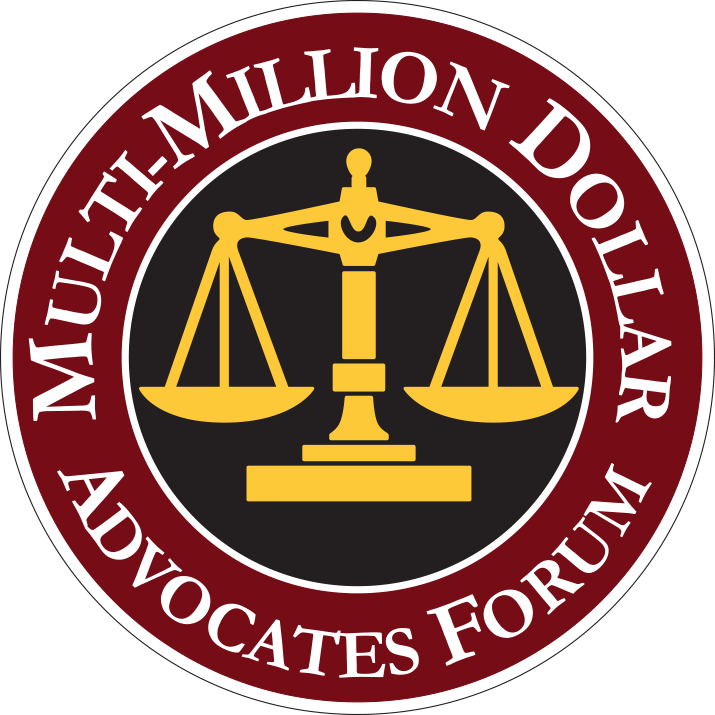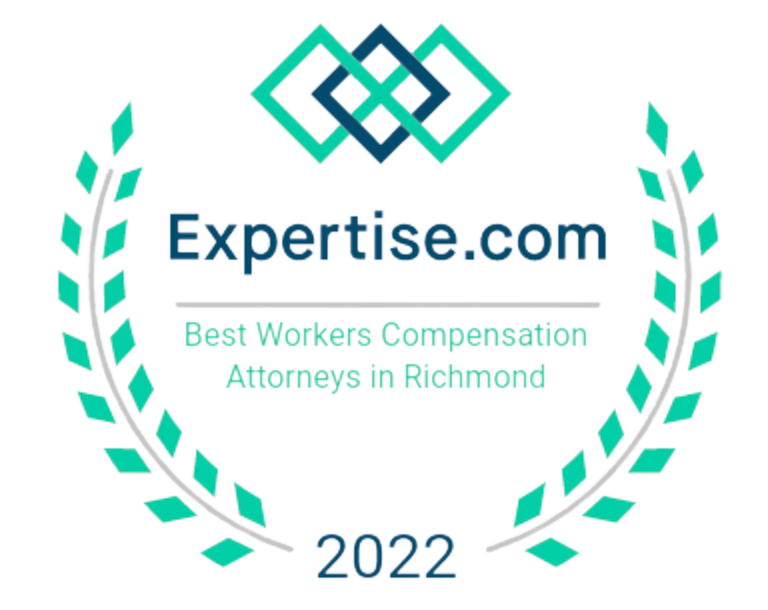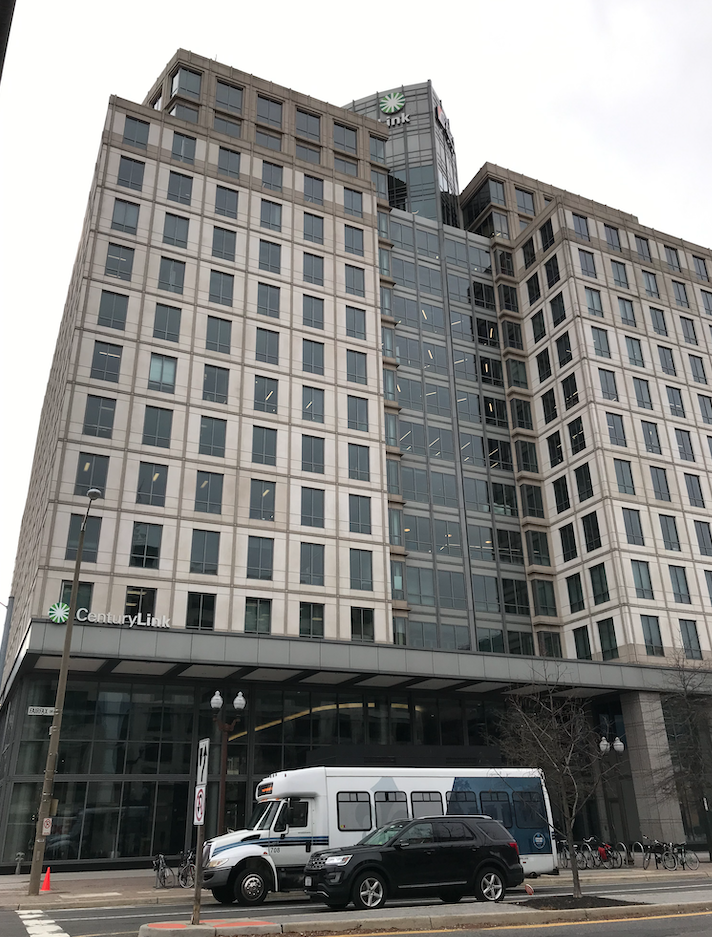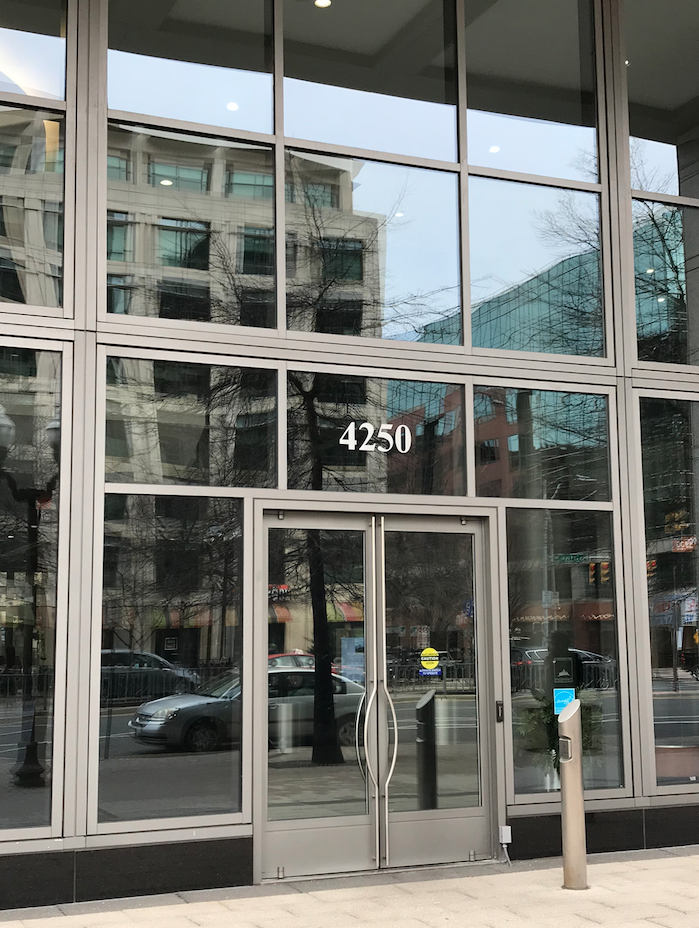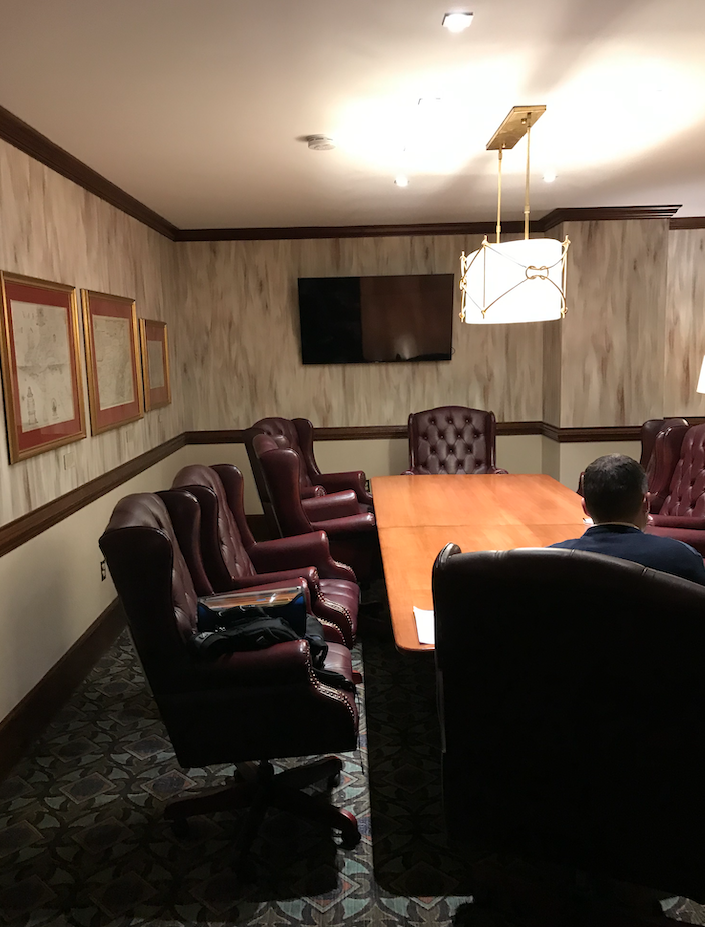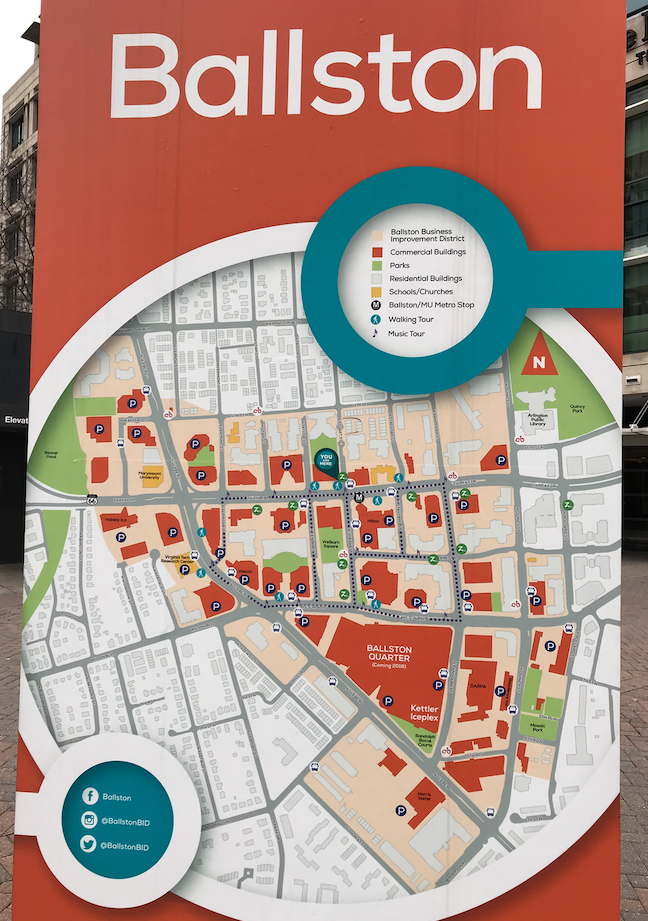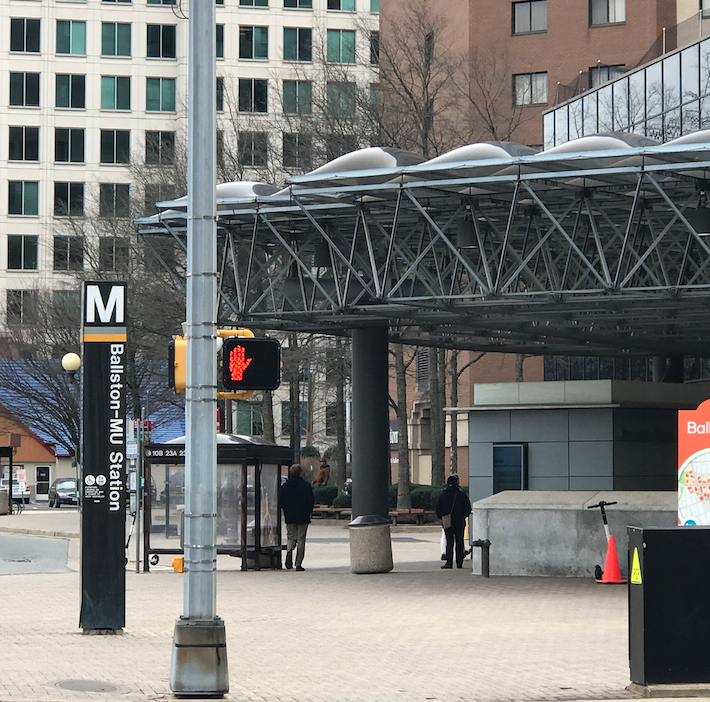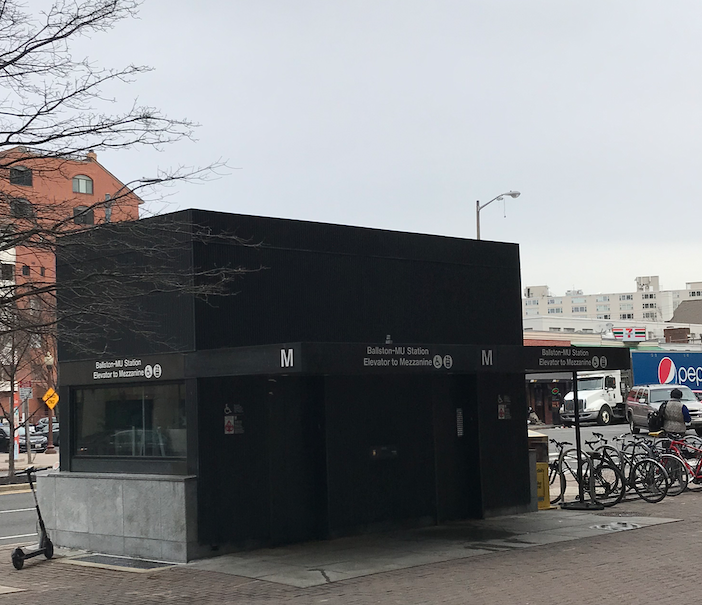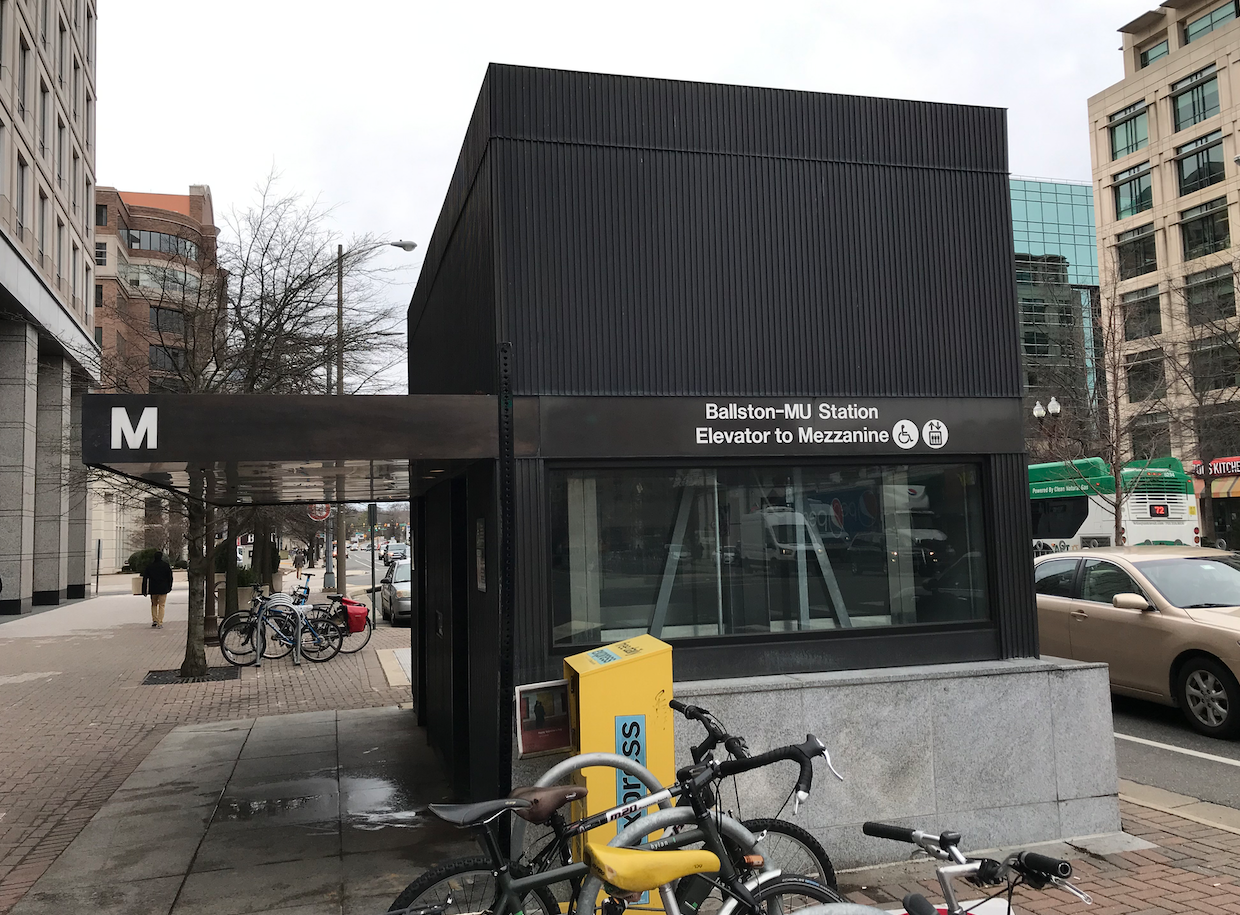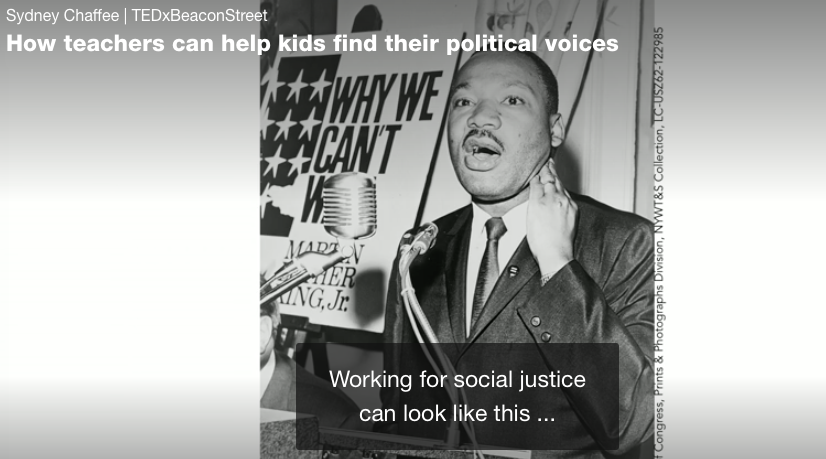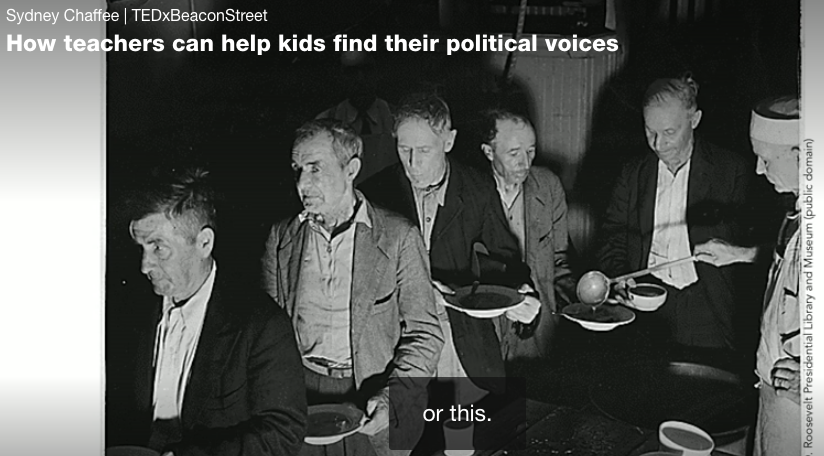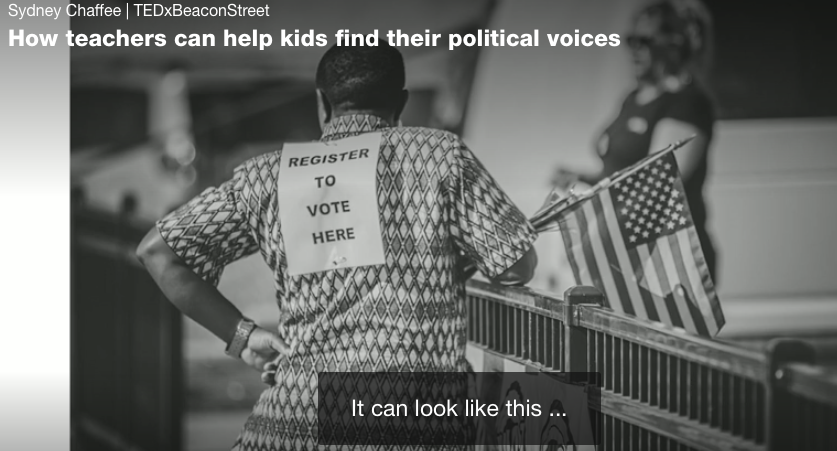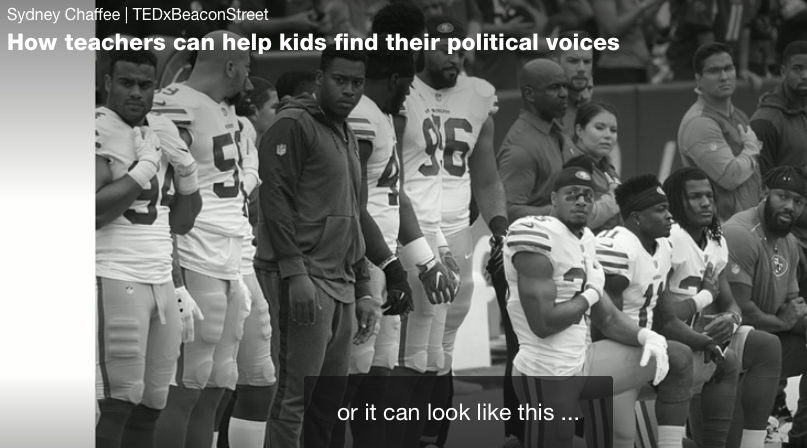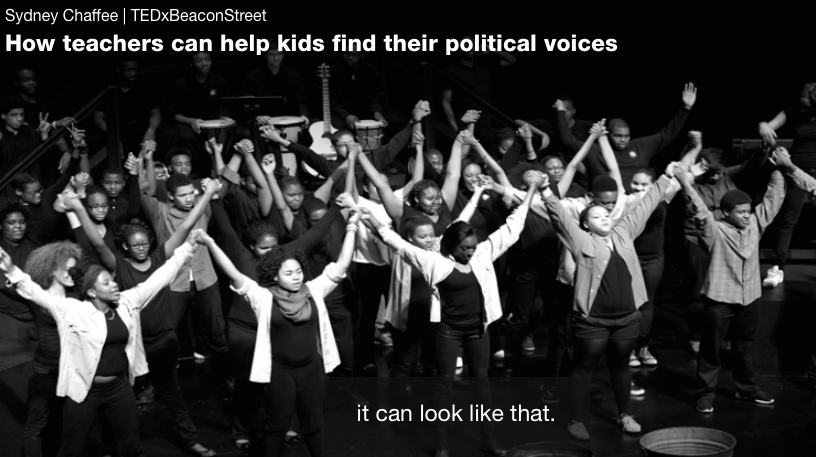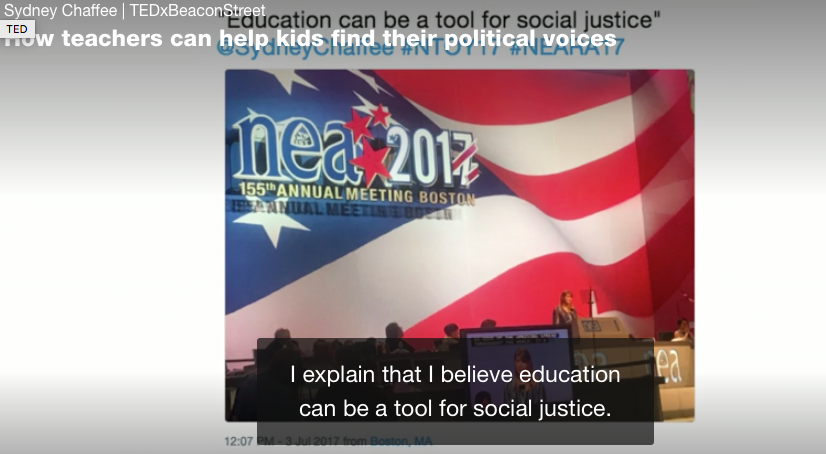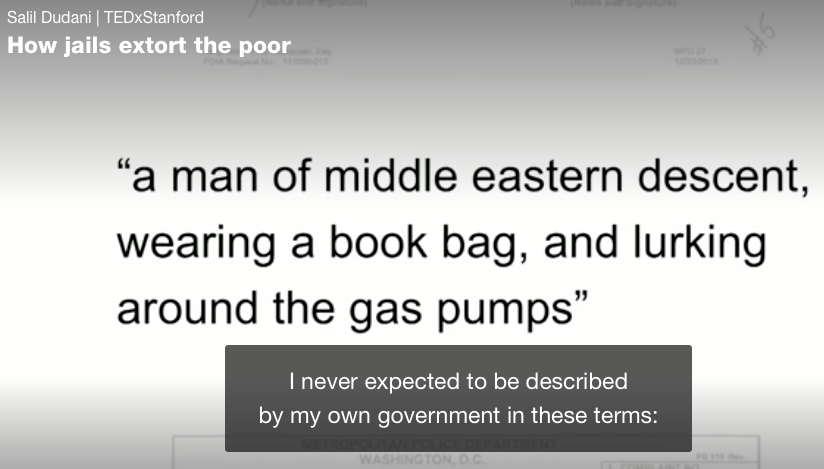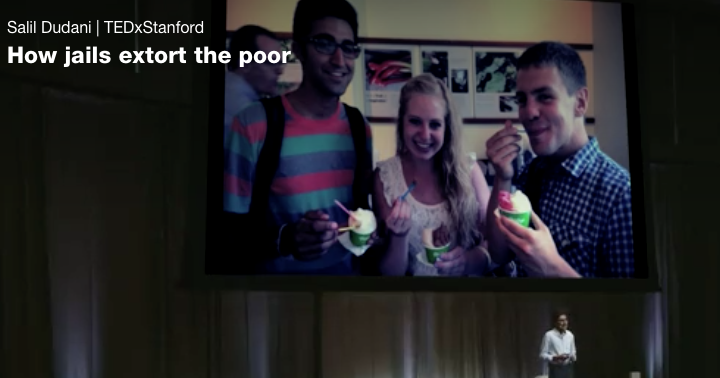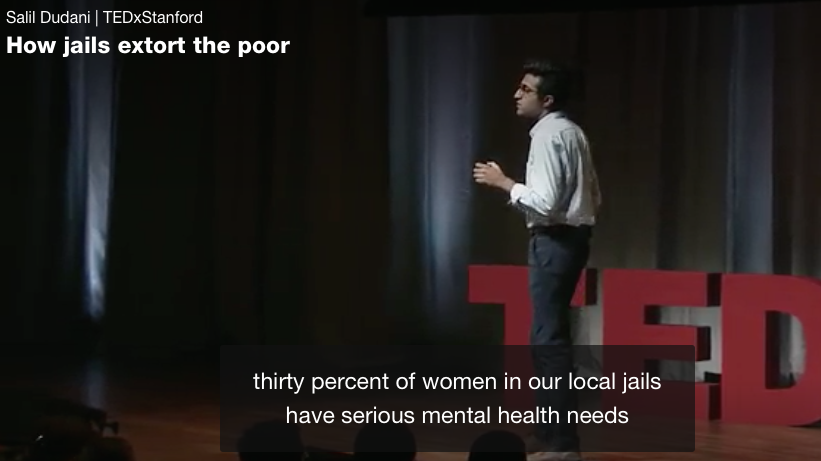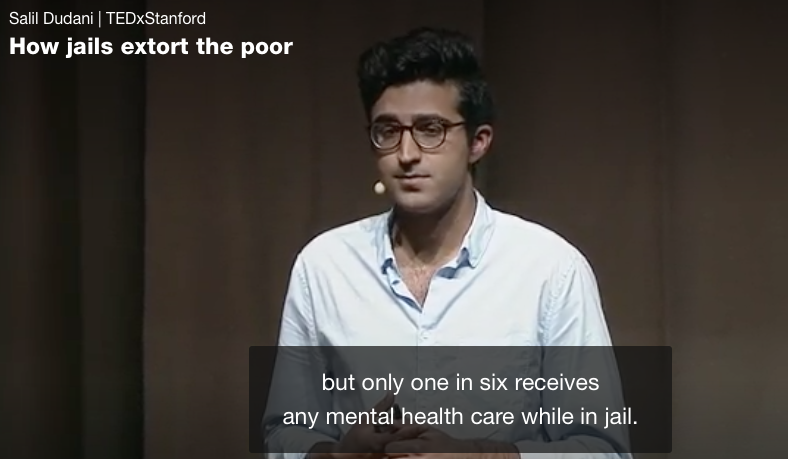I spent from March 1985 until March of 1991 as a Deputy Commissioner of the Virginia Workers Compensation Commission (VWCC). I was selected for this judicial post by the three commissioners of the VWCC who were elected by the legislature of Virginia. I left the Commission in 1991 to pursue opportunities in the private sector.
1. Objectivity
Before my appointment to the VWCC, I had been practicing for approximately five years, three years of which as an Assistant Attorney General. During that time, I was fortunate to learn from a series of challenging trials in state and federal courts. As an advocate for state defendants, I would become so focused on my clients’ side of the case, that I would fail to adequately consider for the weaknesses that created in my own case. This affected my perspective on the case which sometimes created obstacles for me at trial. As a Deputy Commissioner, I was required to approach every worker’s compensation case objectively without any sort of bias. I had to remain open to consider the evidence from both sides of every claim. This included weighing the evidence and considering the credibility of the testimony as well as the arguments of opposing lawyers in order to give a fair hearing to the litigants. During my time as a Deputy Commissioner, I attended the National Judicial College in Nevada where I took courses to further develop my skills in areas such as judicial writing. This helped me better express my objective reasoning in deciding cases. By opening my mind to both the claimant and defense perspectives, the cases were much easier to resolve. It also became easier to evaluate all the documentation submitted as evidence in each case as well as the oral testimony. I would say that applying objectivity as a judge for six years is a skill that I have carried from the VWCC. In fact, in my subsequent practice as a defense lawyer and as a plaintiff lawyer, it was easier to place myself in the position of either party in order to better my case. Objectivity is a valuable asset for any trial lawyer in order to more adequately represent his or her client.
2. Thoroughness
During my five years of trial experience before beginning work as a Deputy Commissioner at the VWCC, I had several paralegals and secretaries assigned to assist me in preparing for depositions, motions practice, and trial. At the Commission I had one secretary and was also assigned a bailiff to drive to jurisdictions. and I was expected to issue my opinion where I presided in my circuit within eight weeks of the hearing date. On average, I presided over cases for several days in different jurisdictions, so there was a limited time within which to prepare and formulate my opinion. My territory spanned from Richmond, Fredericksburg, Winchester, on to Harrisburg, Staunton, Charlottesville, and sometimes to Clifton Forge. Essentially, I was on the bench 11 days of a 20-workday month. This required that I needed to be very thorough in how I ruled on evidentiary issues at the hearings, and I needed to be thorough in reviewing all the records submitted by both sides. After a hearing, I would have to review the medical reports submitted by both sides in the hearing and I would have to consider opinions rendered by the opposing doctors and healthcare practitioners as well as the doctor’s treatment notes taken in the emergency room.
I developed a technique to preserve the significant evidence presented at the hearings. While everything that I had heard was fresh I dictated a summary of the evidence presented at the hearing and some of the conclusions that were reached. This included a summary of the medical documents cited in the hearing as well as a summary of the various testimonies of the witnesses. If the issue was straightforward and easily resolvable by this summary, then I'd sometimes sketch my findings, but they were always subject to my review. If the cases were complex, I would review a typed transcript of the testimony that I "recalled" after the hearing. In the late 1980s and early 1990s when I served at the Commission, it was not routine to request a transcript of the hearing, although all hearings were on the record. So, requesting a transcript was unusual, hence the taking of thorough and copious notes was essential as a Deputy Commissioner.
3. Respect
Since I began practicing law in 1980, I have consistently felt that respecting your opponents, their counsel, and the presiding judicial officer, as well as the process itself, was essential to obtain justice. My experience at the VWCC confirmed my belief in the basic need for respect for the process, the rule of law, and the judicial system. As a Deputy Commissioner, regardless of how a lawyer acted, I never engaged in emotional exchanges with lawyers, parties, or witnesses, or in any other behavior which might express my dissatisfaction in the conduct of a lawyer or witness. I maintained a calm and professional demeanor, regardless of what my ruling might be for any particular motion or for any litigant while in court. In a trial context, there is a certain solemnity and a natural tendency for restraint and respect. However, in my experience, as a judge, one realizes that both sides are looking at the person who is supposed to be making independent judgments based on the facts and evidence without emotion in the case. That respect for not only the litigants, their representatives, and the process, is something that has reinforced my prior belief and has helped me maintain a high level of dedication to the rule of law and the respect that I have for other lawyers. With few exceptions, I found the respect to be reciprocal.
4. Professionalism
Professionalism is the foundation of any career. My prior experience as a military officer before going to law school prepared me for the type of conduct which I felt was appropriate in my legal career; this was further buttressed by my experience as a judicial officer. The professionalism of a judge has to permeate the court and the location where the hearing is held. The judge must establish that atmosphere of professionalism that inspires not only fellow deputy judges to act professionally themselves, but the attorneys, parties, and the witnesses. This is based on the solemnity of the occasion when parties are in court, and the way in which the litigants are expected to act when they are present. In the now 38 years I have been practicing, I have noticed in recent years a lack of professionalism on the part of some of the younger members of the bar. Perhaps my view of this is the result of my own experience in the military. Regardless of the reason, my experience led me to conclude that professionalism is essential to exhibit not only to the judge when you're in court, but the lawyers, witnesses, and other litigants when you're out of court as well. It has often been said that a person’s ethics can be judged by how one conducts himself when no one is looking. I've always remembered that adage, and I've always tried to act that way whether I was in court or simply on a telephone call with an opposing counsel. Professionalism will permit a more objective consideration of all the evidence adduced at the hearing over which I presided.
It is essential that all participants show themselves to be professional at all times in the litigation process.
5. Curiosity and Creativity
Creativity is closely aligned with curiosity. In my profession, one has to be curious about the law and take a creative approach to obtain justice. Curiosity and creativity are essential to properly consider how the facts lend themselves to interpretation by certain precedent, and how they fit into a legal context. One of the things that I was always fascinated by as a Deputy Commissioner was the fact that every case that you thought had a certain fact pattern which would fit in a certain case precedent, did not always fit in that precedent. In fact, there are always unique aspects of every case -- either by medical report, or by a factual anomaly that would make the case not fit into one category, but perhaps fit in another category. In order to determine which category a case would fall into, it would take research skills, and it would take thinking of or defining the issues such that you could look up other precedents, which might change the way you viewed a certain case or a certain fact pattern. Because of curiosity and the creativity that comes with it, frequently when I was faced with a certain fact pattern that appeared to fall into a certain category of cases, but by the time I considered all the facts, medical records, and the law, I came up with a different decision than I started out with. This frequently happens in appellate cases as well. I participated by designation in a few appeals at the WCC when a Commissioner was unavailable, and I have been in various continuing legal education seminars in which the appellate judges frequently will talk about how a case comes in and appears to fall into a certain category, but after due consideration, the disposition of the case changes. I also have found that in the many appeals I’ve filed anticipation of adverse ruling have helped preserve unlikely issues at final that we effective in everything adverse rulings below on appeal.
Curiosity and creativity apply in active practice. I have engaged in cases which other lawyers have refused to take on. In one case, I received more than $1M in settlement brought about by an inexplicable exploding multi-part wheel of a commercial vehicle. My curiosity led me to research multi-part wheels developed for commercial vehicles. The average driver is only familiar with the one-piece wheels on their vehicle. As it turned out in that case, not only did I find out that there were multi-part wheels still in the market from the early 20th century, but I was able to find a lawyer who won a settlement when an identical wheel exploded in a similar accident in Tennessee. He gave me the name of the experts I needed in order to develop a large liability case while representing my brain-injured client in the claim related to the defective multi-part wheel which exploded under high pressure. In that case, curiosity was a very valuable asset, to the client and his family, but also to my legal expertise and my firm. I opened a new specialty area in my current firm and I continue to win cases such as these based on the skills that I have developed from years of applying curiosity and creativity to problems or obstacles that come up in cases.

